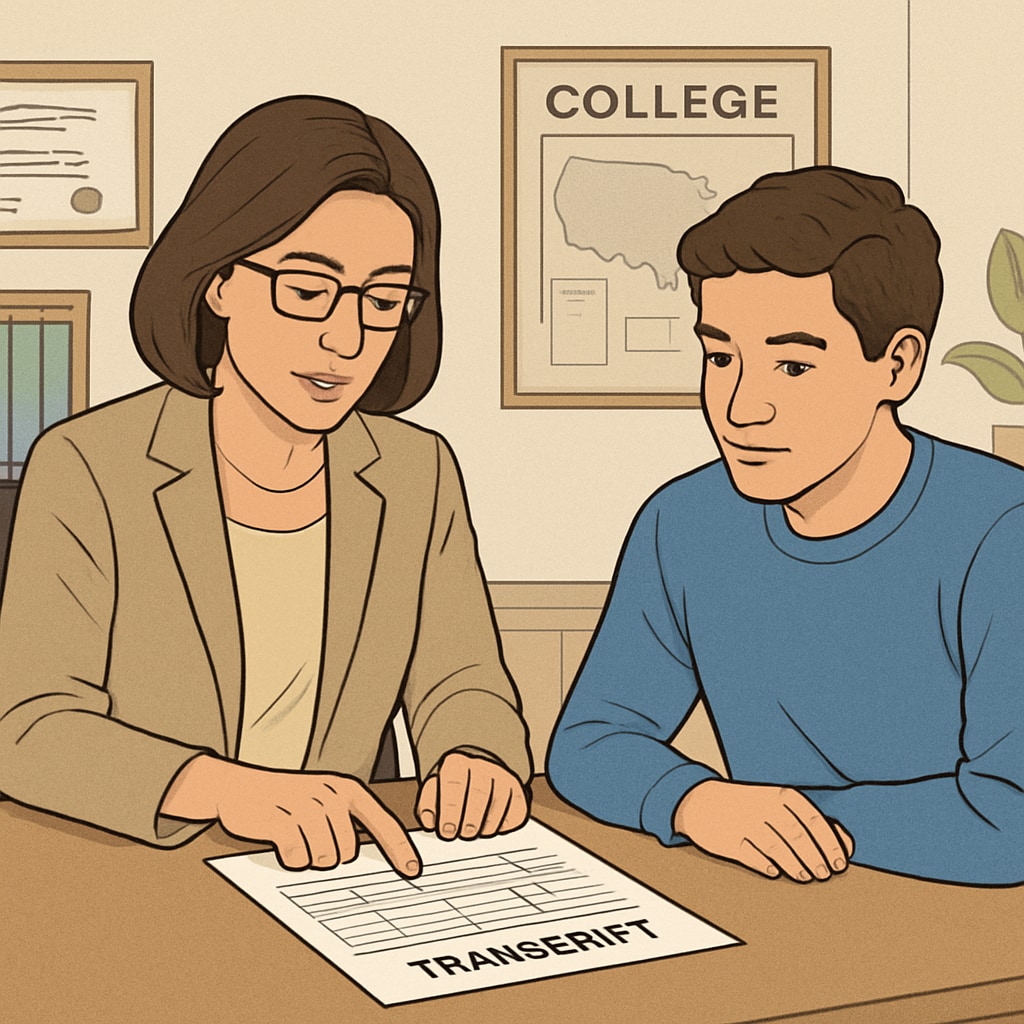High school students struggling with missing credits often face a daunting challenge: how to make up for lost time and graduate on schedule. For students with ADHD, this challenge can feel even more overwhelming. However, with a well-structured plan, diverse learning opportunities, and the right support, it is entirely possible to recover credits and graduate within two years. This article offers actionable strategies to help students regain their academic footing and achieve their educational goals.
Understand the Scope of Missing Credits
The first step to addressing missing high school credits is understanding how many credits are required to graduate in your state or school district. For example, most high schools require between 18 and 24 credits to graduate. Break down the missing credits by subject (e.g., math, science, English) to prioritize which areas need the most attention.
- Meet with your school counselor to review your transcript.
- Identify any required courses you have not completed.
- Determine the number of elective credits needed for graduation.
Students with ADHD may benefit from visualizing their progress through a checklist or progress tracker, which can help reduce anxiety and maintain focus.

Explore Flexible Credit Recovery Options
Once you know how many credits you need, explore flexible options for earning them. Many schools offer alternative programs designed to help students catch up, including:
- Summer School: Intensive sessions during summer break can help you complete courses in a shorter timeframe.
- Online Courses: Platforms like Edgenuity or Khan Academy allow you to learn at your own pace and on your own schedule. Learn more about Khan Academy here.
- Credit Recovery Programs: Some schools offer after-school or weekend programs specifically for students falling behind.
- Community College Dual Enrollment: Enroll in college courses that count toward both high school and college credits.
For students managing ADHD, online courses or dual enrollment can provide the flexibility needed to work at their own pace. However, it’s essential to set clear goals and daily routines to stay on track.

Develop Effective Study Habits and Time Management Skills
Effective study habits are critical when trying to recover missing credits, especially for students with ADHD who may struggle with focus and organization. Here are some strategies:
- Create a Structured Schedule: Use a planner or digital calendar to allocate specific times for studying, coursework, and breaks.
- Break Tasks into Smaller Steps: Large assignments can feel overwhelming, so break them into manageable parts.
- Minimize Distractions: Study in a quiet, organized space and limit access to social media during study sessions.
- Use Tools for Focus: Apps like Forest or Pomodoro timers can help maintain focus during study periods.
Additionally, students with ADHD may benefit from working with a tutor or academic coach who understands their challenges and can provide personalized support.
Seek Support from School and Family
Parents, teachers, and school counselors play a vital role in helping students succeed. Don’t hesitate to ask for help when needed:
- Communicate with Teachers: Let your teachers know about your situation so they can provide extra support or accommodations.
- Utilize IEP or 504 Plans: If you have ADHD, ensure your Individualized Education Plan (IEP) or 504 Plan includes appropriate accommodations, such as extended deadlines or additional time for tests.
- Engage Family Support: Ask family members to help you stay accountable and encourage you throughout the process.
Remember, you don’t have to face these challenges alone. Building a strong support network can make a significant difference in your ability to recover credits and graduate on time.
Stay Motivated and Focus on Your Goals
Recovering missing high school credits in two years is a challenging but achievable goal. Stay motivated by keeping your long-term objectives in mind, such as attending college, starting a career, or pursuing a passion. Celebrate small victories along the way to maintain a positive outlook.
The journey may feel overwhelming at times, but with the right strategies and support, you can overcome the obstacles and achieve your high school diploma.
Readability guidance: This article balances actionable advice with motivational insights, using short paragraphs and clear headings for easy navigation. Students with ADHD can benefit from the structured tips and practical tools provided.


